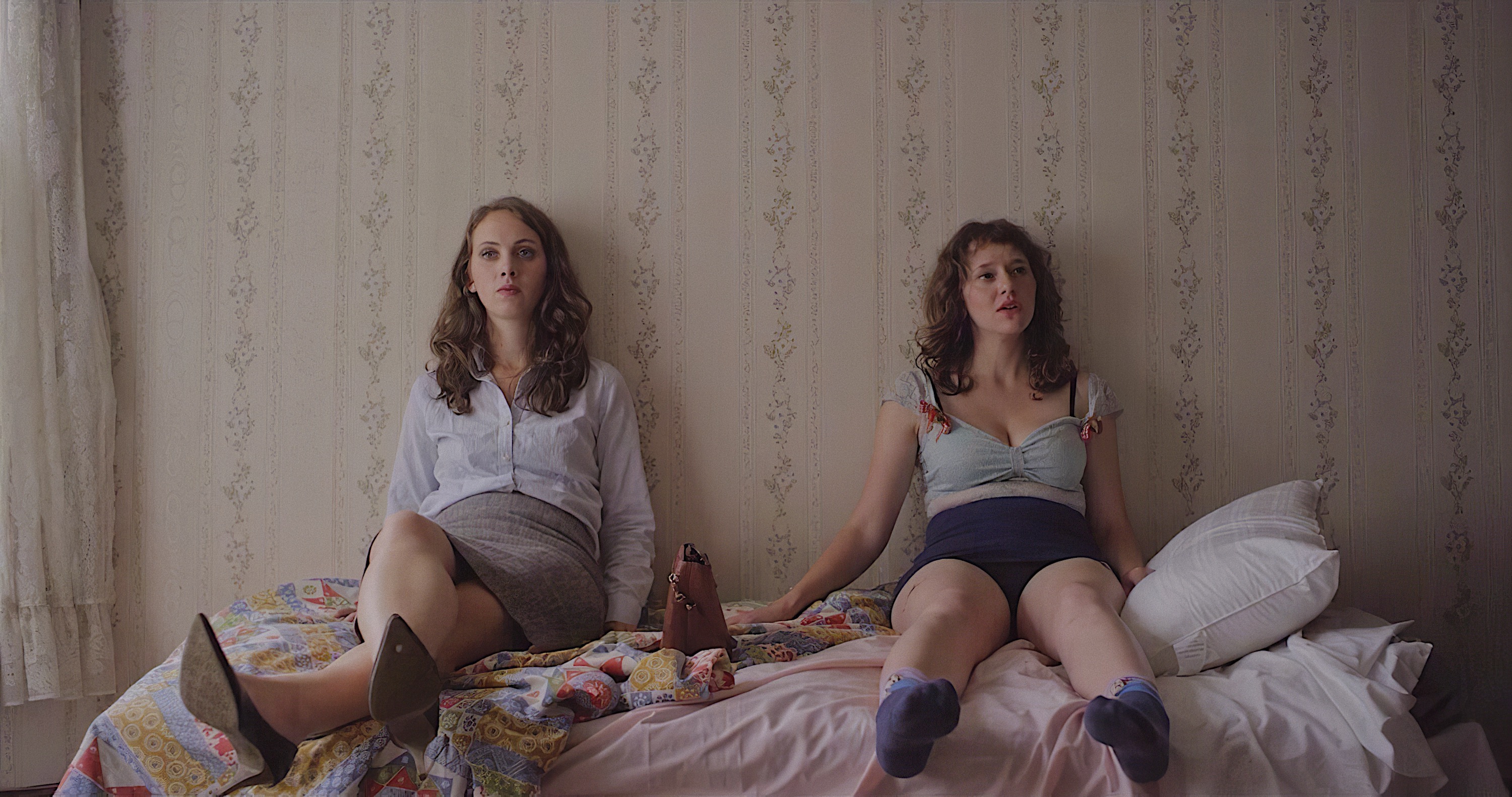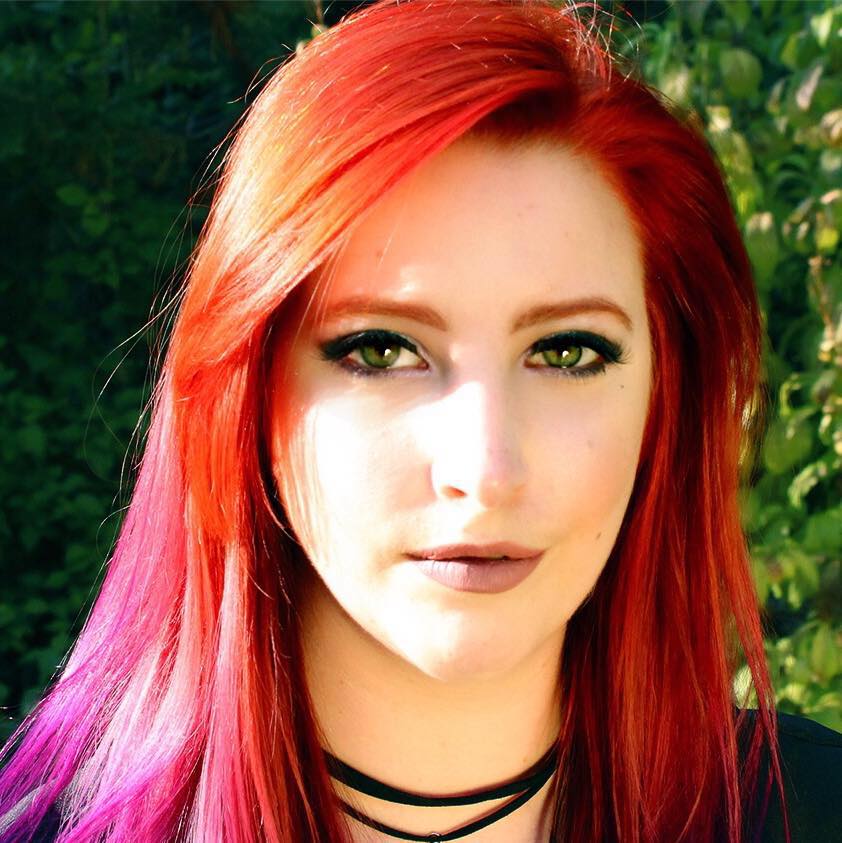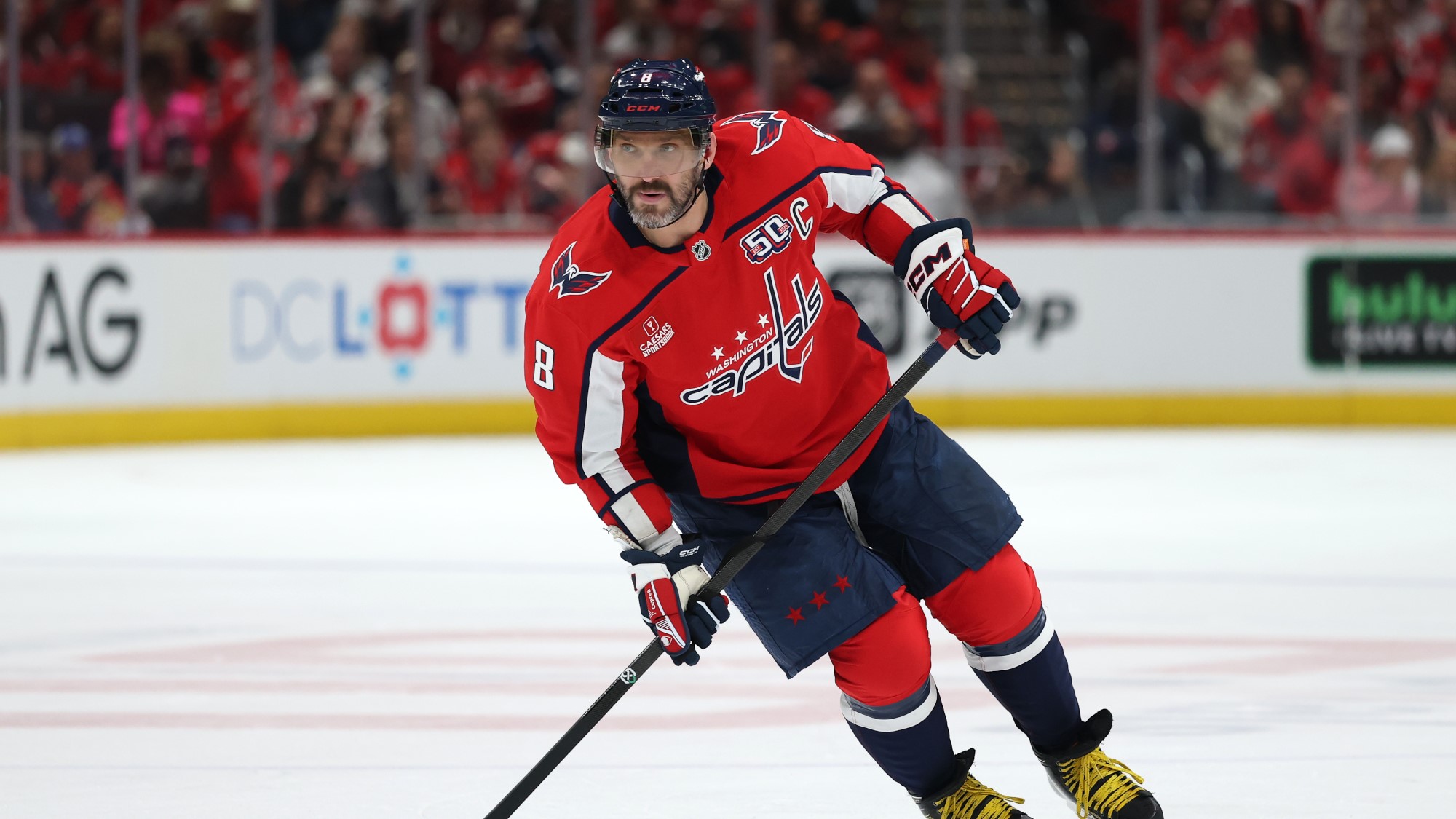What to Watch Verdict
A nice, quiet look at our differences, grief, and how to deal with crappy family.
Pros
- +
👯♀️Calls out misogynistic micro-aggressions repeatedly.
- +
👯♀️A solid, quiet conversation about grief that doesn't consume you in the way you'd expect.
Cons
- -
👯♀️It's a slow one, and there's no "eureka!" moment. If that's typically a turnoff, you probably won't enjoy this much.
Our Father is part of our SXSW 2021 coverage. You can find all of our reviews here.
Beta (Baize Buzan) and Zelda (Allison Torem) couldn’t be more different. Beta’s just gotten into grad school at Yale and is prepared to leave her life — and her crappy boyfriend — in the dust. Meanwhile, Zelda’s more of a go-with-the-flow kinda gal. She’s happy renting a room, going to parties, and occasionally visiting her older boyfriend Henry (Tim Hopper). Despite their differences, the two estranged sisters are forced to return to each other’s lives when their father tragically dies of suicide after a long battle with illness.
One thing the two seem to have in common is that their half-brothers and stepmom can’t really stand them. While the feeling’s largely mutual, they’ll all have to come together for the settling of their father’s estate. Thing is, one person listed in the will hasn’t been contacted. Uncle Jerry has long been removed from the family — much like Beta and Zelda — and no one has any idea how to contact him. Unsure how to deal with the grief or the fact that they’ve been shoved back into each other’s lives, the sisters decide to go on a mission to find their mysterious uncle. It could be good, they theorize. They’ve never had a good male role model. Or any role model, really. The girls seem to have largely raised themselves.
As you’ve likely sorted out, this quest to find their long-lost Uncle Jerry ends up bringing the sisters closer together. Zelda gets a glimpse as to why her sister is so uptight (or at least considerably more uptight than she is), while Beta learns to empathize with her sister’s complicated emotional state a little better than she did in the beginning. At one point, as the two lament the loss of their father, Beta notes that she’s not as sad as she wants to be. Zelda jokes that it would make a great quote, but the line ends up being more meta than expected. It is a great line. So often when we look at stories about grief and loss it’s about the extreme kind of pain. But what happens when your response is a kind of apathetic numbness? We all handle grief differently, and it’s refreshing to see the film give a nod to the fact that sometimes familial bonds aren’t enough to spark a huge emotional reaction no matter how society says we’re supposed to respond.
There’s no “big bang” moment in Our Father. There’s not a huge narrative climax or emotional payoff waiting around the bend. Instead, the film utilizes its time to be more of a quiet exploration of the complicated family structure of two even more complex women. There’s a moment when it gets close to the Millennial cliché of “I need an adult. No, an adultier adult,” which might turn some viewers off. But the fact of the matter is, it’s a cliché for a reason. There isn’t a single person on the gods’ green Earth that hasn’t thought something similar, we all just feel obligated to pretend to know what we’re doing all the time.
Our Father is a success in the sense that it has all of the conversations it means to. It might not have them in thrilling ways, but there's value in its quiet commentary. When the film's at its loudest, it's calling out misogyny and the frequent micro-aggressions that women face on a daily basis. It wasn't expected, but it was welcome!
Amelia is an entertainment Streaming Editor at IGN, which means she spends a lot of time analyzing and editing stories on things like Loki, Peacemaker, and The Witcher. In addition to her features and editorial work, she’s also a member of both the Television Critics Association and Critics Choice. A deep love of film and television has kept her happily in the entertainment industry for 7 years.












